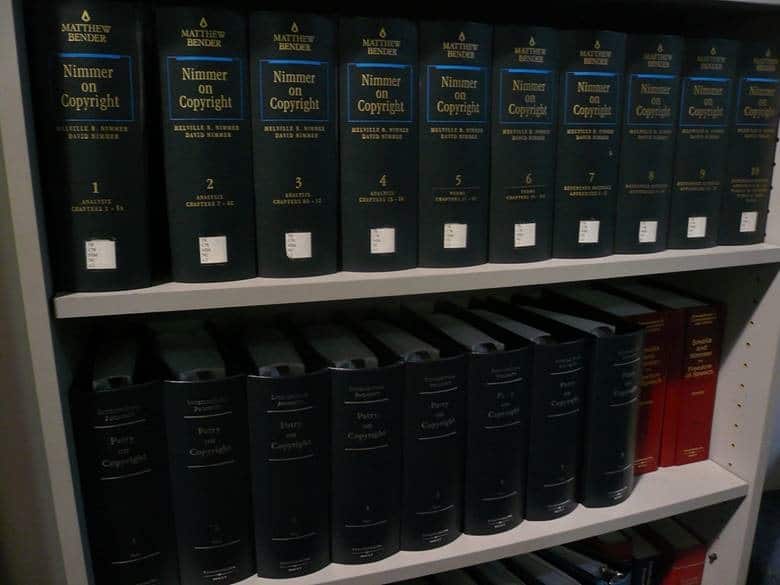As the US Copyright Office notes, “Copyright exists from the moment the work is created.”
More precisely, under the Copyright Act
A work is “created” when it is fixed in a copy or phonorecord for the first time; where a work is prepared over a period of time, the portion of it that has been fixed at any particular time constitutes the work as of that time, and where the work has been prepared in different versions, each version constitutes a separate work…
“Copies” are material objects, other than phonorecords, in which a work is fixed by any method now known or later developed, and from which the work can be perceived, reproduced, or otherwise communicated, either directly or with the aid of a machine or device. The term “copies” includes the material object, other than a phonorecord, in which the work is first fixed.
In other words, a poem that you’ve only thought up but not written down isn’t protected by copyright law, and neither is a live performance of a song that hasn’t been recorded.
A work can be “fixed” on paper, on a computer hard drive, online in a Google doc, etc.
But if copyright automatically exists as soon as a work is “fixed,” then why is it important to register it?
For most people, it’s not important, because they’ll never need to enforce the copyright. But for businesses for which copyrighted material forms an important part of their intellectual property assets, registering a copyright is vital.
As the Copyright Office explains,
Registration is recommended for a number of reasons. Many choose to register their works because they wish to have the facts of their copyright on the public record and have a certificate of registration. Registered works may be eligible for statutory damages and attorney’s fees in successful litigation. Finally, if registration occurs within five years of publication, it is considered prima facie evidence in a court of law.
Any form of intellectual property right only has value if the IP owner is willing to take action to enforce that right.
As the Copyright Alliance explains,
Under the 1976 Copyright Act, an action for infringement may be instituted if the U.S. Copyright Office has issued a certificate of registration or issued a refusal of registration. In order to proceed with a lawsuit, it may be necessary to submit an actual copy of the certificate of registration.
In 2019, the US Supreme Court made clear that a copyright owner must either have a copyright registered or rejected before suing for infringement. It’s not enough to simply file an application for registration.
Copyright registration is relatively inexpensive, starting at $45. By the way, the concept of a “poor man’s copyright” – mailing yourself a copy of your work to prove ownership – is an urban legend and doesn’t provide any added layer of protection.
If someone is using your ad copy, photos, or other marketing materials online without your authorization, you can use the Digital Millennium Copyright Act (DMCA) to send a “takedown” notice to the site operator to have the infringing material removed.
If that doesn’t work, then you’ll need to follow up with a cease-and-desist letter and possibly a lawsuit. As noted above, to be ready to sue, you must have proof that your copyright is registered. If not, then you’ll have to file the copyright application and wait until you have that proof. Meanwhile, you could be losing customers to the competitor using your materials — so it’s better to be prepared.
Just like the haiku above, we like to keep our posts short and sweet. Hopefully, you found this bite-sized information helpful. If you would like more information, please do not hesitate to contact us here.


